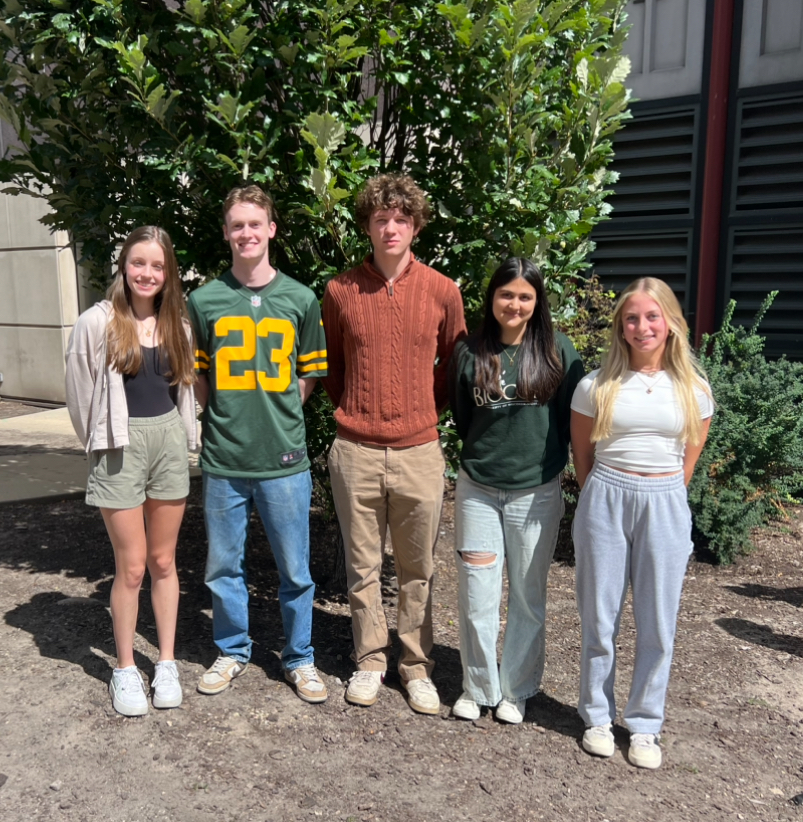Pavlik harness kick sensor
This project has been secured to protect intellectual property.
Login for More InformationThe goal of this project is to create a medical device that will be administered during pavlik harness treatment to detect femoral nerve palsy.
Project Overview
Transient femoral nerve palsy is a potential complication during the use of a Pavlik harness to treat developmental dysplasia of the hip. This type of complication occurs 2.5% of the times in a large series of patients. Treatment for this complication is to discontinue the harness and allow the femoral nerve palsy to resolve on its own. Femoral nerve palsy resolves in most, if not all, of the patients, but it can take up to a month to resolve. Femoral nerve palsy is predictive of treatment failure even after resolution of the palsy and repeat attempt at using the Pavlik harness. The longer the palsy lasts, the higher the rate of treatment failure with the harness. Clinicians rely on the primary caretaker of the infant to watch for sign of femoral nerve palsy such as lack of knee extension. I hypothesize that there is a time lag between onset of femoral nerve palsy and discontinuation of the Pavlik harness, and this time lag drives the duration of femoral nerve palsy. If this hypothesis were true, then it would predict that the shorter the time lag, the more transient the femoral nerve palsy, and hence the higher rate of treatment success with the harness. To test this hypothesis, I propose developing a sensor to detect kicking motion in infants wearing the Pavlik harness. This type of "kick sensor" would be designed to detect lack of kicking motion sooner than a human caretaker.
Team Picture

Contact Information
Team Members
- Orla Ryan - Team Leader
- Charles Fiesel - Communicator
- Navya Sriram - BSAC
- Hank Hegeman - BWIG
- Ella Barsness - BPAG
Advisor and Client
- Prof. Justin Williams - Advisor
- Dr. Tuo Peter Li - Client
- Dr. Ken Noonan - Alternate Contact
Related Projects
- Spring 2026: Pavlik Harness Kick Sensor
- Fall 2025: Pavlik harness kick sensor
- Fall 2024: Pavlik harness kick sensor
